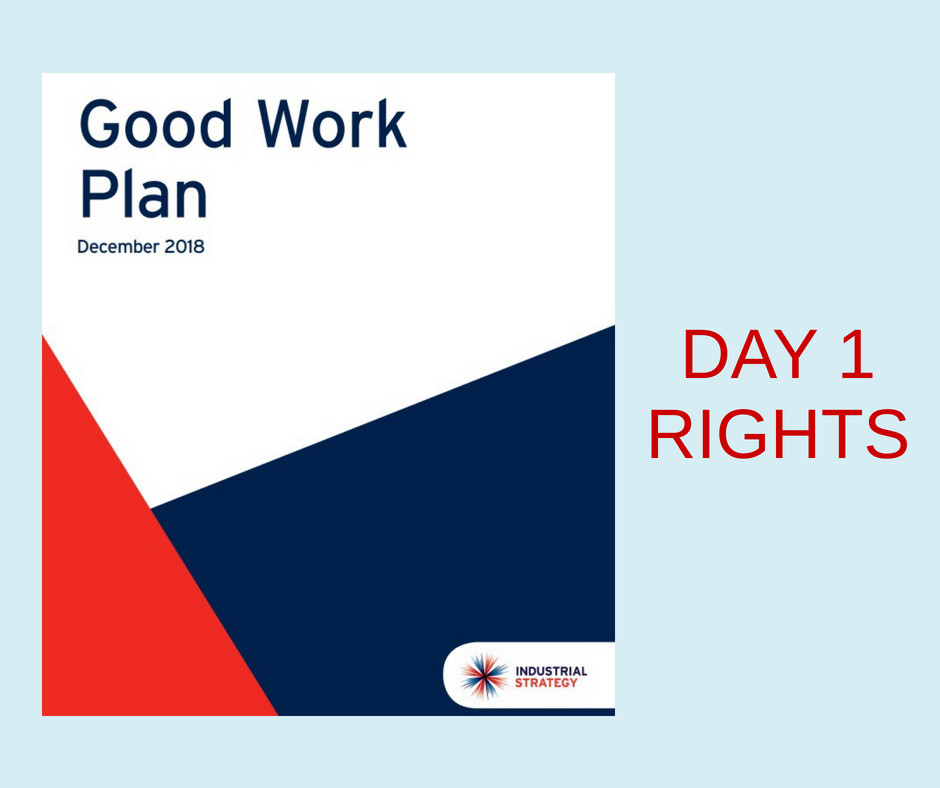What is the point of the Good Work plan?
The Government’s Good Work Plan is due to take effect in April 2020 which will implement a number of employment reforms.
Since the publication of the Good Work Plan, there have been further regulations introduced which relate to it, i.e. the Agency Workers (Amendment) Regulations 2019, The Employment Rights (Employment Particulars and Paid Annual Leave) (Amendment) Regulations 2018 , and Employment Rights (Miscellaneous Amendments) Regulations 2019 which contain provisions for implementing some of the proposals.
Overall, the Government have announced their intention to “significantly change the enforcement landscape”.
All sounds rather ominous but what does it actually mean?
It’s all too easy to bash these changes or consider them to be pro-employee and therefore contra-employer. To start with, I think it’s important to consider where the Good Work Plan actually came from as well as what’s changing.
We’ll go into more detail in subsequent articles about the key changes coming from April next year; however, there are some key themes that the Government have focused on following the Taylor Review of Modern Working Practices.
In all, seven recommendations were made:
Good work for all
The review suggests a national strategy to provide good work for all “for which government needs to be held accountable”.
It takes the following into consideration when it talks about “good work”: wages, employment quality, education and training, working conditions, work life balance and consultative participation and collective representation
Everyone should enjoy a “baseline” of protection and be given routes to enable progression at work.
Dependent contractors
It suggests people who work for platform-based companies, such as Deliveroo and Uber, be classed as dependent contractors.
Individuals who prefer flexible working should be allowed to continue but they should be granted fairness at work.
There should be a clear distinction made between dependent contractors and those who are legitimately self-employed.
National Living Wage
The National Living Wage is “a powerful tool” to raise the financial base line of low paid workers.
Strategies must be put in place, particularly for low paid sectors, to make sure workers do not get stuck on this rate of pay.
Individuals must feel that they can make progress.
Cost of employment
The government should avoid further increasing the “employment wedge”, which is the non-wage costs of employing a person. The review highlights the apprenticeship levy as an expense companies have raised as an issue.
The government must provide additional protections for dependent contractors.
Good corporate governance
The government does not need national regulation to provide good work
It says companies must practise responsible corporate governance, good management and strong employment relations within the organisation.
Developing skills
Everyone should feel they have realistically attainable ways to strengthen their future prospects at work
Individuals should also be able to develop their skills through “formal and informal learning” as well as “on the job and off the job activities.”
A healthy workplace
The UK needs to develop a more proactive approach to workplace health which will benefit companies, workers and the wider public interest.
In reviewing these recommendations, we can begin to see where the Good Work Plan came from and the fact that the changes are driven by improving the working landscape for all.
For those businesses who care about their staff and want to look after them, they’ll already be “no brainers” because there is a fundamental driver to ensure that people are treated fairly. Sadly, not every business takes that approach and it’s those businesses and their staff that really need these changes to not only be implemented but also to be enforced.
For information about HR support in your business, contact us


0 Comments